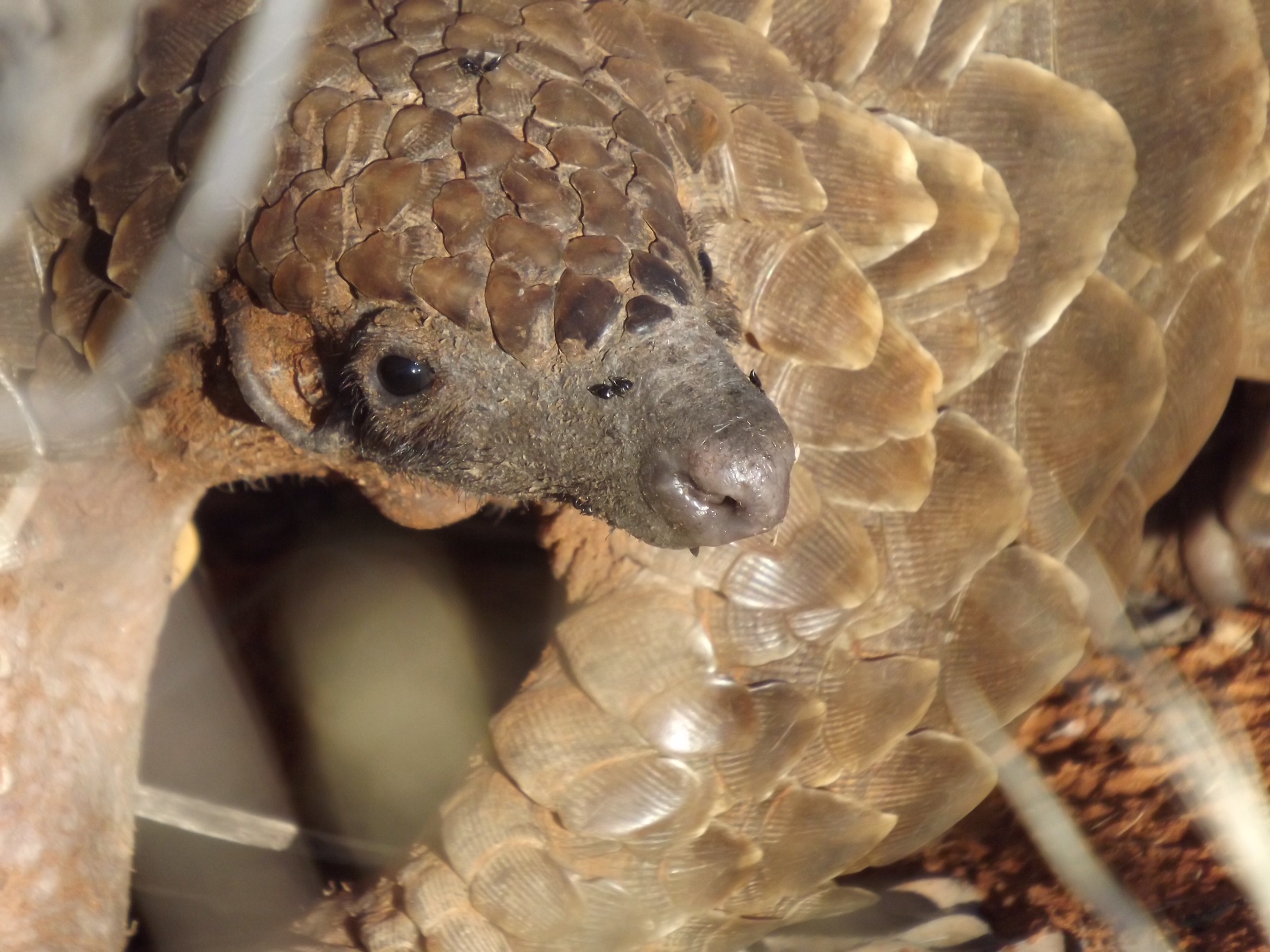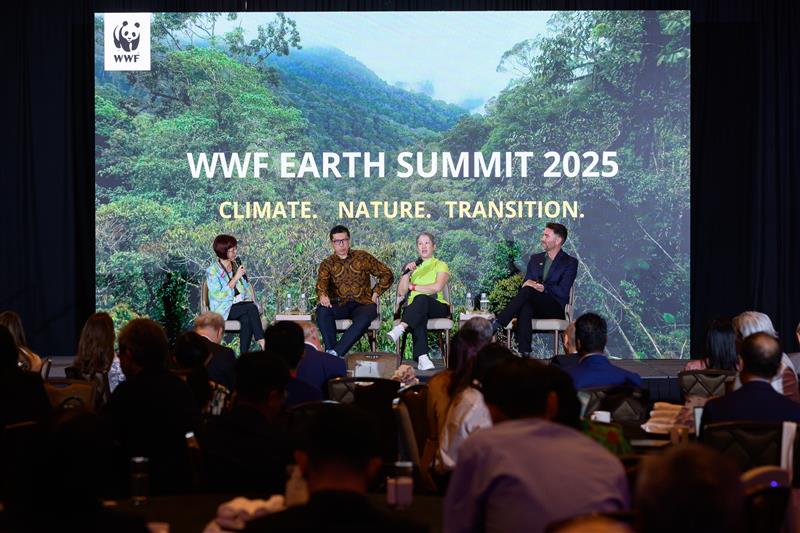In a major boost to efforts to save the world’s most trafficked mammal, governments from across the world today recommended a full ban on all trade in Asian and African pangolins.
Countries accepted that all eight species should be listed on Appendix I of the Convention on International Trade in Endangered Species of Wild fauna and flora (CITES), which will prohibit all international trade in pangolins and their products. This recommendation will be formally endorsed next week.
“This is a huge win and rare piece of good news for some of the world’s most trafficked and endangered animals,” said Ginette Hemley, WWF head of delegation to CITES CoP17.
“Giving pangolins full protection under CITES will eliminate any question about legality of trade, making it harder for criminals to traffic them and increasing the consequences for those who do.”
Pangolins are trafficked in huge numbers to feed demand for their meat and their unique protective scales, which are used in traditional medicine.
“But this fight doesn’t end here. The parties must move swiftly to enforce the decision. Illegal trade will continue to threaten pangolins as long as demand for their meat and scales persists. We need to strengthen anti-poaching and anti-trafficking efforts, and continue to reduce demand for illegal wildlife products in countries like China and Vietnam,” added Hemley.
There are eight species of pangolins with four in Asia and four in Africa. Over the last ten years, more than a million pangolins have been illegally taken from the wild to feed demand in Asia, primarily in China and Viet Nam.
With all four Asian species declining across their range, poachers and traffickers are increasingly targeting Africa’s species.
WWF supported the uplisting of all eight species to Appendix I. During the debate on the Africa pangolins, WWF’s Colman O Criodain intervened to stress that the captive breeding of pangolins was not viable and that all trade had to be banned.
“Today is a major step forward for conservation. But only if countries act on the resolve they’ve shown today will pangolins be given the chance to survive and lose their tag as the world’s most trafficked mammal,” said Hemley.















